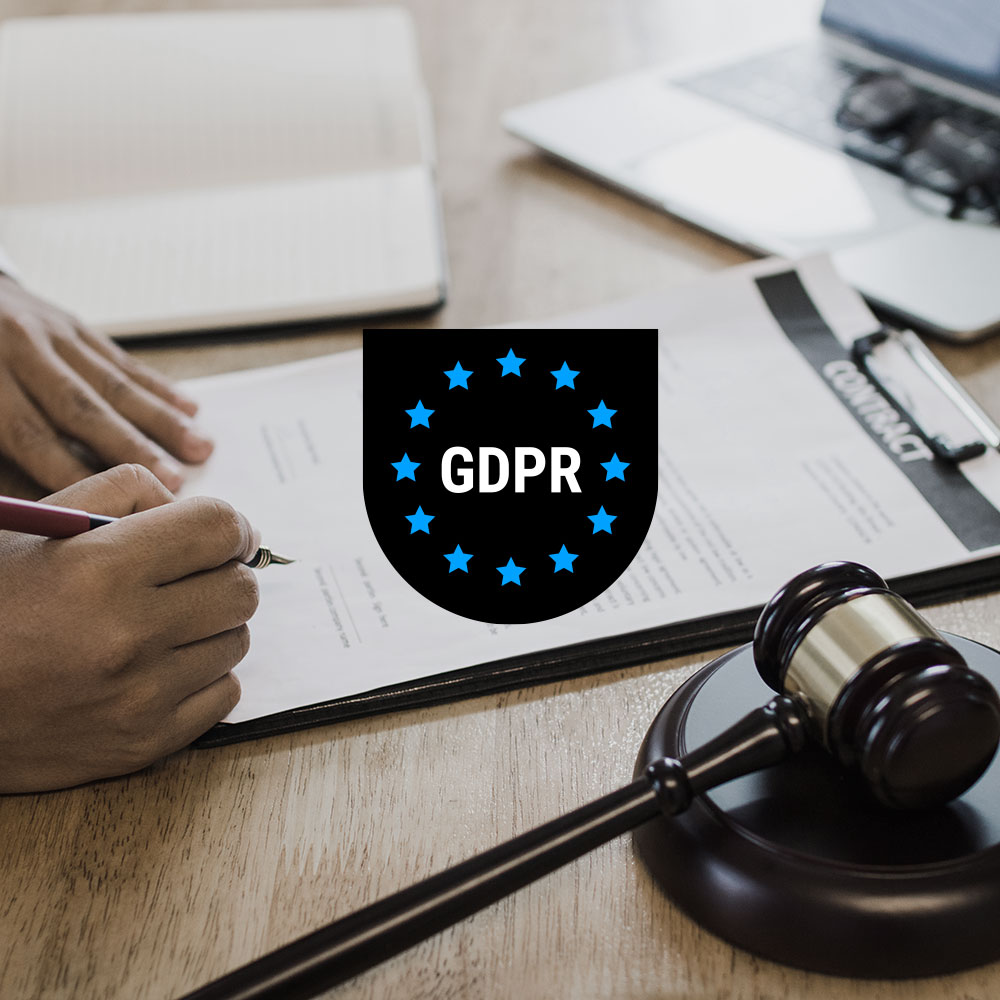Usercentrics blog
Dive into our blog articles for insights on data privacy, product news, and regulatory updates. Discover trends in privacy-led marketing, and explore tools and strategies to optimize user consent and increase revenue.
Jul 1, 2025
How transparency and Privacy-Led Marketing strategies are building brand loyalty in 2025
Consumer trust is becoming harder to earn and keep. Usercentrics’ new study reveals consumers’ demands for control and accountability. We also provide guidance on how to be transparent and build long-term trust with Privacy-Led Marketing strategies.
Jun 27, 2025
Top 8 TrustArc alternatives reviewed and compared
TrustArc is a popular data privacy platform, but it might not be the right fit for your business. Our in-depth comparison looks at the best TrustArc alternatives to help you achieve multi-regulation data privacy compliance while building trust with customers.
Jun 25, 2025
California Invasion of Privacy Act (CIPA): An overview
The California Invasion of Privacy Act (CIPA) has been around for decades, passed to protect confidential communications and requiring consent for monitoring and recording. Updates to tracking technology have kept it relevant. We look at CIPA’s requirements, consumers’ rights, and more.
Jun 17, 2025
IAB Europe has published the first Transparency and Consent Framework (TCF) Compliance Report for 2024
Jun 11, 2025
Top 8 WordPress consent management platforms: Comparing pricing and features
Looking for the best WordPress consent management platform for your website? We’ve compared the top 8 WordPress CMPs so you can easily comply with global cookie laws.
Jun 9, 2025
GDPR enforcement that doesn’t make headlines
Most GDPR enforcement actions don’t make headlines, but smaller fines and penalties are far more common than billion-Euro judgements. This lack of publicity can lead smaller organizations to think that GDPR compliance doesn’t need to be a priority. We look at why taking that risk isn’t worth it.
Jun 9, 2025
How the latest version of Usercentrics CMP script tag improves your banner’s performance
Jun 3, 2025
What is the GDPR right to be forgotten? Data deletion requests explained
The GDPR right to be forgotten enables individuals in EU/EEA to request the deletion of their personal data under specific circumstances. Learn the six grounds for erasure, the time limit to take action, and how organizations can handle deletion requests properly.
Apr 18, 2023
Our picks of the 6 top CookieYes alternatives for consent management in 2024
We outline some of the best options for compliantly obtaining and managing user consent. Here are our picks for the best alternatives to CookieYes.
Apr 18, 2023
Online
Our picks of the 6 top CookieYes alternatives for consent management in 2024
We outline some of the best options for compliantly obtaining and managing user consent. Here are our picks for the best alternatives to CookieYes.
Apr 18, 2023
Our picks of the 6 top CookieYes alternatives for consent management in 2024
We outline some of the best options for compliantly obtaining and managing user consent. Here are our picks for the best alternatives to CookieYes.
Apr 18, 2023
Our picks of the 6 top CookieYes alternatives for consent management in 2024
We outline some of the best options for compliantly obtaining and managing user consent. Here are our picks for the best alternatives to CookieYes.
Our picks of the 6 top CookieYes alternatives for consent management in 2024
We outline some of the best options for compliantly obtaining and managing user consent. Here are our picks for the best alternatives to CookieYes.
Stay in the loop
Join our growing community of data privacy enthusiasts now. Subscribe to the Usercentrics newsletter and get the latest updates right in your inbox.











